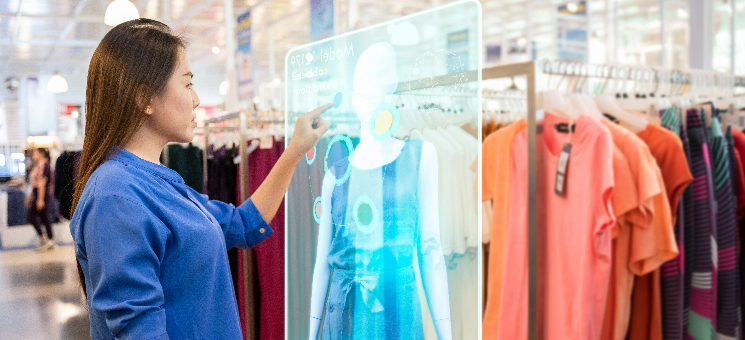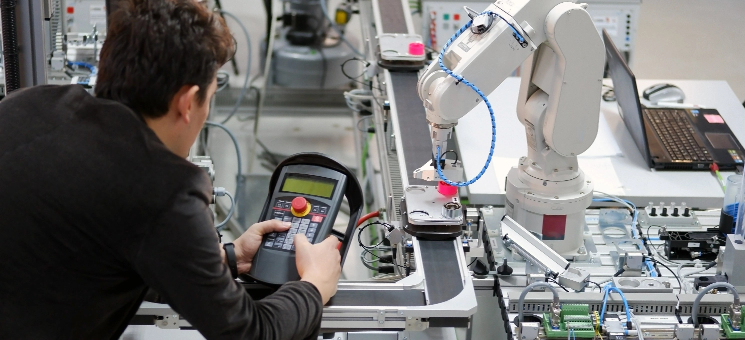CREATING ENHANCED DAILY EXPERIENCES FOR CITY LIVING
Economic development and technical innovation have led to many new and convenient services that enrich our lives. With these advances, people’s priorities and values have grown more diverse and we expect so much more from our experiences. The pandemic only accelerated the demand for better online interactions as the world went remote on a global scale.
Today NTT is exploring ways to manage better and improve how organizations and businesses offer their services to people living in busy cities.
A smart city is defined as a digitally-enabled modern urban space that uses varying forms of technology such as IoT, electronics, voice-movement activation and sensors to collect data for improved real-time responses and actions. NTT’s vision focuses on creating a common infrastructure and data-driven knowledge that organizations can learn from to enhance experiences.
NTT is working on urban Digital Twin Computing (DTC) to provide new value by globally optimizing services and experiences across industries and, ultimately, every touchpoint throughout a city. This approach captures environments, objects, and people associated with a particular service, such as going to work or visiting a restaurant and creates an online replication of this process to provide a more personalized and seamless experience.

As part of our research, we’re having conversations with governments and enterprises involved with urban development and planning. We are studying to achieve desired personal experiences that align with future lifestyles and workstyles. For now, the focus is on value-providing services and experiences for commercial and office functions across the following five areas:
- Building management: optimizing energy control to increase efficiency, reducing costs and optimizing the operation of cleaning, security, maintenance based on predictions when buildings will likely be in use.
- Store operations: optimizing retail environments to enhance customer satisfaction, estimate health status and purchase preferences of individuals, and predict behavioral patterns. Allows for more individualized services.
- Tenant management: maximizing space usage so that tenants only use areas they need when required.
- Food and beverage: managing the supply, demand and pricing of food to eliminate loss. Optimize servings to support good health.
- Mobility: introduce mobility as a service (MaaS) to streamline vehicle usage according to predictions and patterns.
Digital Twin Computing makes it possible to realize the above solutions by observing and reporting on the state of each building, the movement of people, and the surroundings of the city - all in real-time.

This approach relies on multiple industries and providers working together to influence overall satisfaction and driving value. It requires the secure sharing of information by linking and expanding how and what they offer to customers.
NTT is researching how to make this vision a reality by considering the protection of personal information, assignment of responsibility, legal implications and economic effects. We are continuing to work with partners and institutions to ensure the responsible development of technology.




